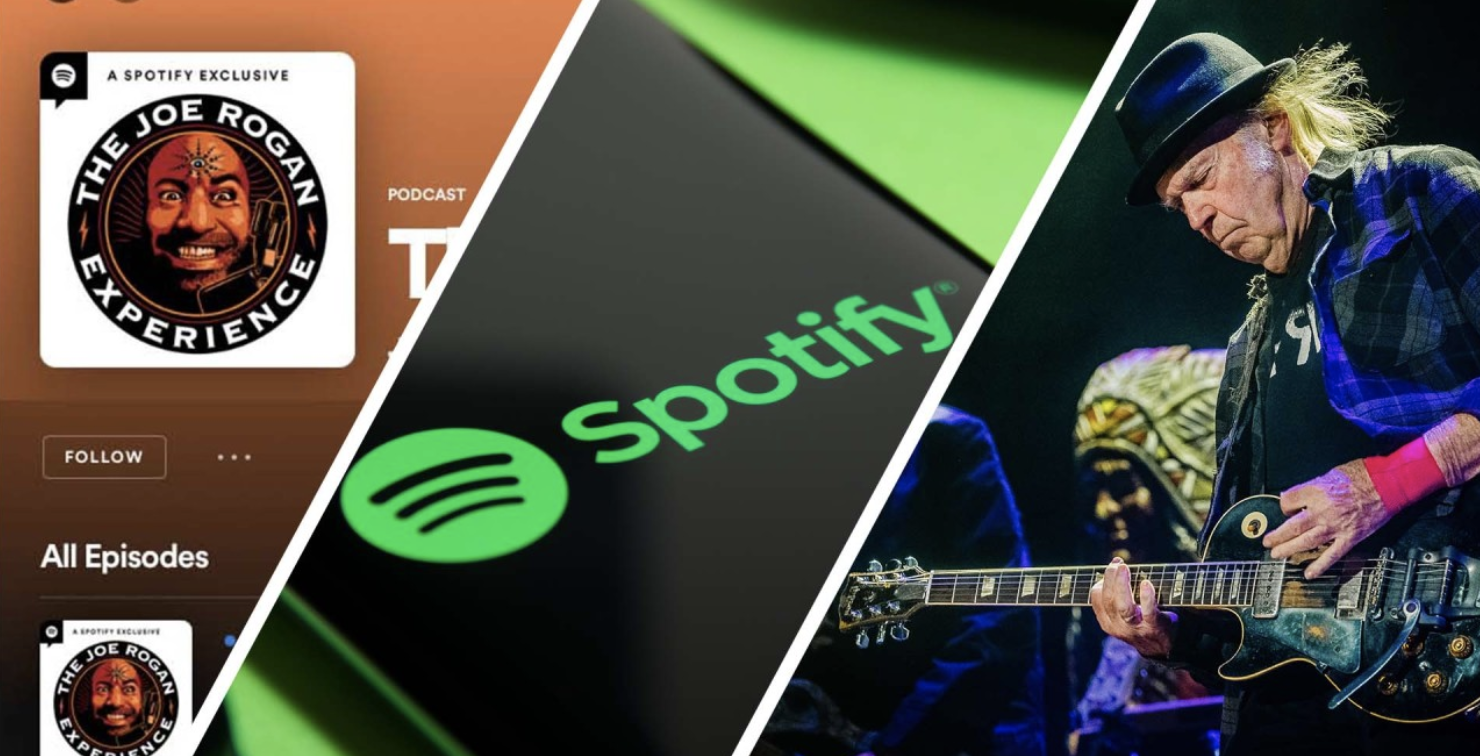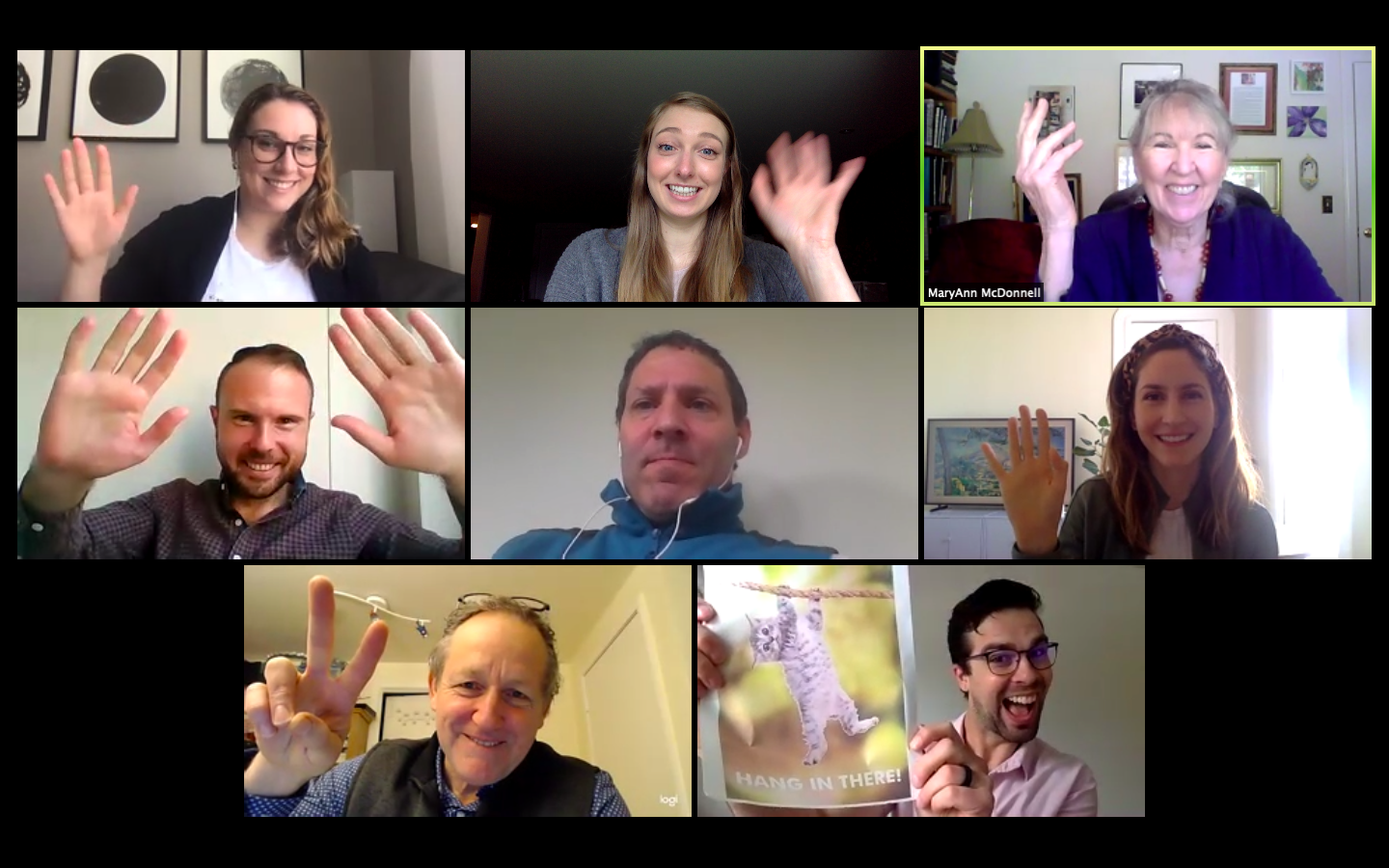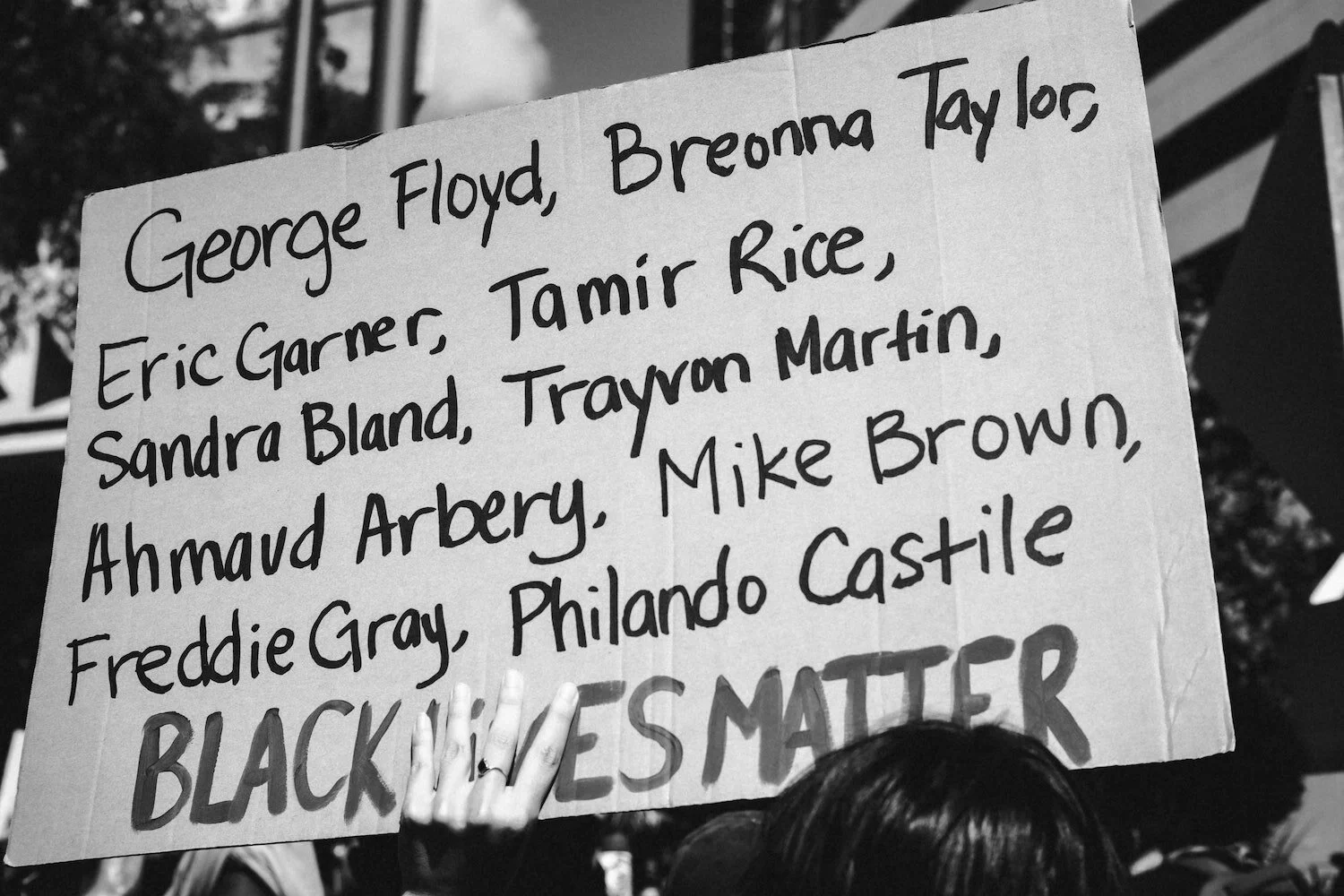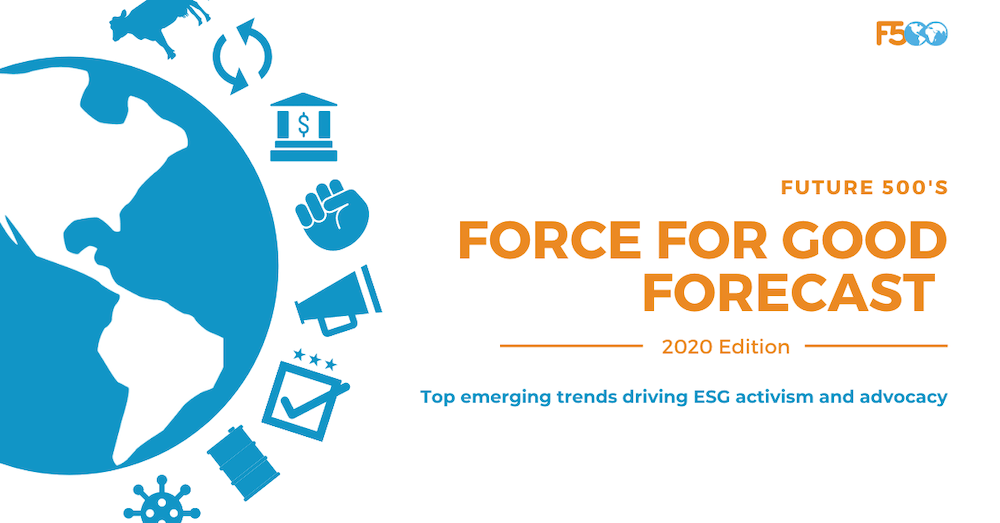CEOs for Voting and Against Executing Journalists
Each fall, Future 500 gets busy preparing our Top 10 Stakeholder Engagement Trends report, debating which issues make the list. One of the trends that remains hot – and an ongoing part of our team’s work with companies – is Corporate Activism, which we colloquially call Brands Taking Stands. (P.S., this will be the topic of our next Corporate Affinity Network webinar, featuring Harvard Business School Professor Mike Toffel, who analyzed this evolving trend in a compelling report, Divided We Lead).
Companies are typically reticent to take public positions on issues, but this has been rapidly shifting, particularly since November 2016. This week, the CEOs of Ford, Blackrock, JP Morgan, and Blackstone – pulled out of an investment summit in Saudi Arabia after revelations that the country’s monarchy likely authorized the torture and ISIS style execution and dismemberment of Jamal Khashoggi, a Washington Post journalist, when traveling in neighboring Turkey. These CEOs’ decisions may have influenced U.S. Treasury Secretary’s Mnuchin’s decision to also exit the summit.
“Companies are increasingly taking bolder moves, risking ostracizing certain groups while appealing more to others.”
When issues are non-partisan or less contentious, we see companies turning out en masse to take a stand: In June 2017, over 175 corporate leaders signed on to the CEO Action on Diversity. This month, 150 corporate CEOs launched a campaign to help their employees MakeTimeToVote on November 6th. Not surprisingly, the campaign’s signatory companies are predominantly consumer-facing brands, which stand to gain loyalty and respect from consumers who are looking to see which brands’ values align with their own. In particular, companies are seeking to appeal to millennial and Gen Z employees and consumers who, for example, vote in lower percentages.
Commitments and pledges such as those mentioned above serve to competitively differentiate companies. Notably missing from signing on to the MakeTimetoVote campaign, for example, are a number of consumer facing brands whose peers are participating:
In the apparel sector Levi’s, Gap, VF Corp and Patagonia signed on, but Nike, Keen and Columbia are absent.
Tyson, KIND and New Belgium Brewing are some of the only major food and beverage companies participating – not PepsiCo, McDonald’s, Starbucks, Danone, Chobani, Clif Bar, Unilever and Nestle.
Southwest is the only airline to sign on, and Lyft the only major tech company. No major automakers or utility companies have signed on.
Walmart, Nordstrom and Dick’s Sporting Goods represent retailers – where are Costco, Albertsons, Kroger, REI, Whole Foods and others?
In the financial sector, TPG (and some of its portfolio companies) is the sole signatory. Missing is Citibank, Bank of America, Wells Fargo and others.
Taking public positions can deepen connection with employees and consumers, and boost sales and stock price. But taking a stand can also bring censure and boycotts, and hinder market access. When the Parkland School shooting mobilized U.S. youth to call for changes to U.S. gun laws, Bank of America and Citibank established more stringent criteria for lending to gun manufacturers. This provoked the Louisiana State Treasurer to disallow the two banks from participating in a public debt auction to protect Louisianans’ 2nd amendment gun rights. Companies are increasingly taking bolder moves, risking ostracizing certain groups while appealing more to others.
In its Citizens United ruling, the U.S. Supreme Court recognized corporations as having the same rights to free speech as people and so, for better or worse, companies, like people, are increasingly being compelled to be more politically active, to ensure they are aligned in tone and deed with a majority of their internal and external stakeholders. And recent findings suggest this may help the bottomline. In BRANDfog’s report “CEOS Speaking Out on Social Media Survey”, Founder and CEO Ann Charles says,
“When CEOs speak out on the issues people care about, this profoundly affects the view of the company, and shapes the reputation of the brand,”
All in all, the role of companies in society and politics is being reimagined – no longer just behind the scenes exerting influence, companies are expected to demonstrate that they care, or risk losing trust, customers, employees, and of course, cash.
Future 500 is a non-profit consultancy that builds trust between companies, advocates, investors, and philanthropists to advance business as a force for good. Based in San Francisco, we specialize in stakeholder engagement, sustainability strategy, and responsible communication. From stakeholder mapping to materiality assessments, partnership development to activist engagement, target setting to CSR reporting strategy, we empower our partners with the skills and relationships needed to systemically tackle today's most pressing environmental, social, and governance (ESG) challenges.
Want to learn more? Reach out any time.
Blog posts by Erik:












